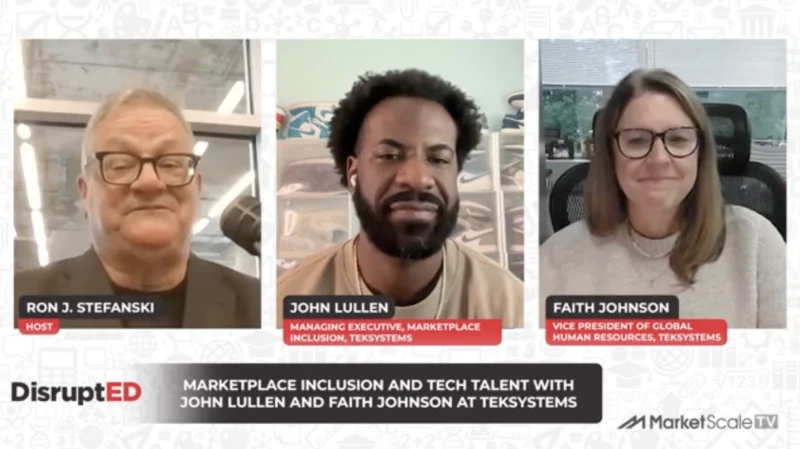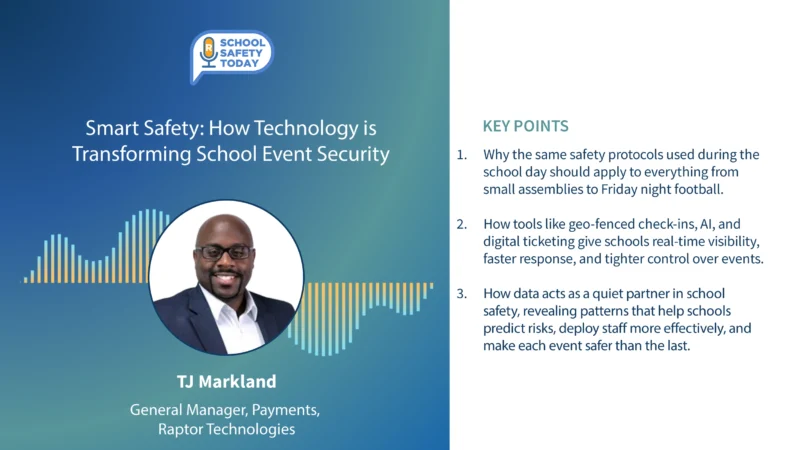Strict Online Education Regulations Could Derail the Future of Learning
In a time where over half of all students are taking at least one online course, the landscape of online education is at a pivotal juncture, reflecting a broader shift in how higher education adapts to technological advancements and regulatory scrutiny. The Department of Education is proposing ambitious regulatory changes that directly impact online learning and stakeholders are keenly observing how these policies will shape the future of digital classrooms. This heightened online education regulations focus aims to address consumer protection while grappling with the challenges and opportunities presented by online program management companies (OPMs) and distance education more broadly.
What does the future hold for online education in light of recent and proposed regulatory changes?
Welcome to “The Future of Education,” hosted by Michael Horn. This episode features Phil Hill, the Educational Technology Consultant and Industry Analyst at Phil Hill & Associates. As they dive into the heart of online education regulations, the discussion focuses on the implications of these regulatory shifts for institutions, educators, and students involved in online learning.
The main points of discussion include:
- The shifting landscape of state authorization reciprocity agreements and their impact on online program accessibility.
- The broad reach of proposed regulatory changes on online education, including third-party service regulations and gainful employment rules.
- Strategies for navigating online education providers’ regulatory and financial challenges, with a particular focus on the experiences of OPMs like 2U.
Phil Hill brings a wealth of knowledge to the discussion with his extensive background in analyzing ed-tech trends and higher education strategies. His insights are invaluable for understanding the complex interplay between education technology, regulatory frameworks, and the broader goals of equity and quality in online learning.




